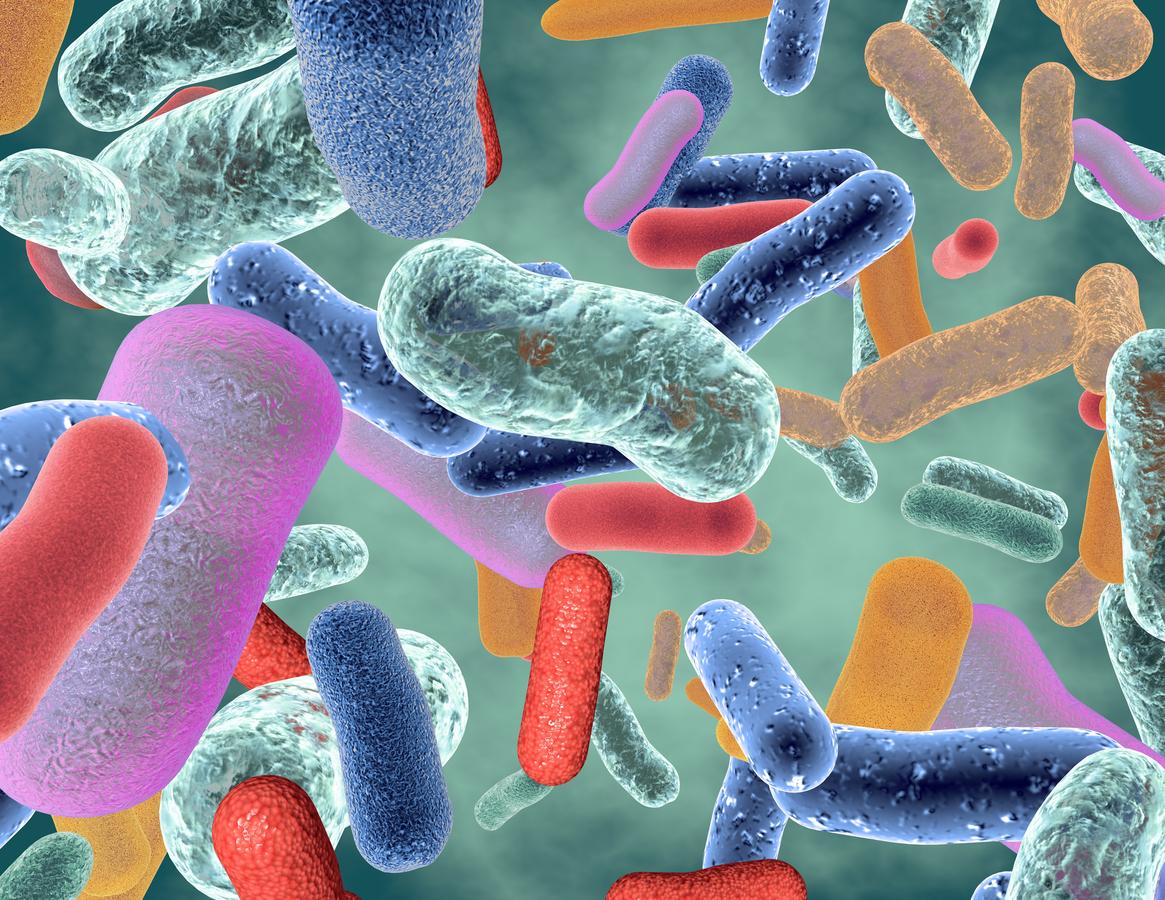The microbiota, made up of the bacteria in our gut, is an indicator of our longevity.

- This study is one of the few to focus on the long-term effects of the microbiota on human health.
- Each individual has a unique microbiota.
- Imbalances can be the cause of certain pathologies, such as inflammatory bowel disease (IBD).
Our intestinal flora weighs nearly 2 kg: it contains millions of micro-organisms that are important for the functioning of our digestive system, our metabolism and our immune defences. However, not all functions of these bacteria are known. In Finland, researchers have shown that they are also an indicator of our life expectancy. These scientists from the University of Turku came to this conclusion after analyzing stool samples from more than 7,000 adult Finns. Their results were published in the journal Nature.
Involvement of Enterobacteriaceae
Samples were taken in 2002 and analyzes continued through 2017, allowing researchers to observe changes in the health status of study participants. “We developed an algorithm that was able to scrutinize microbial species data to find those that were associated with a non-negligible mortality rate,” explained Leo Lahti, one of the study’s co-authors. The team studied all the branches of DNA from the microbiota samples, then compared them to the data collected on the health of the participants. Researchers have found that a greater amount of Enterobacteriaceae is associated with a higher risk of death, from respiratory or gastrointestinal diseases. “Our lifestyle can affect their numbers,” according to Teemu Niiranen, professor of medicine at the University of Turku.
A future tool for patient care?
For the scientists, these results constitute a step forward in the care of patients. “By studying the composition of the intestinal microbiota, we could improve mortality predictions, even when taking into account other important risk factors such as tobacco or obesity”, emphasizes Teemu Niiranen. These millions of bacteria would also be linked to pathologies such as cancer or diabetes. Recently Turkish researchers have found a link between the imbalance of the intestinal microbiota and Verneuil’s disease.
How to take care of your microbiota?
A healthy intestinal flora depends on a balanced lifestyle: a healthy diet, quality sleep and physical activity. But in the event of an imbalance, various therapeutic solutions make it possible to restore a healthy flora. Dietary changes, taking prebiotics, probiotics, or synbiotics (which combine the two previous ones) are often recommended. In serious infections related to the intestinal flora, faecal transplants can be performed.















